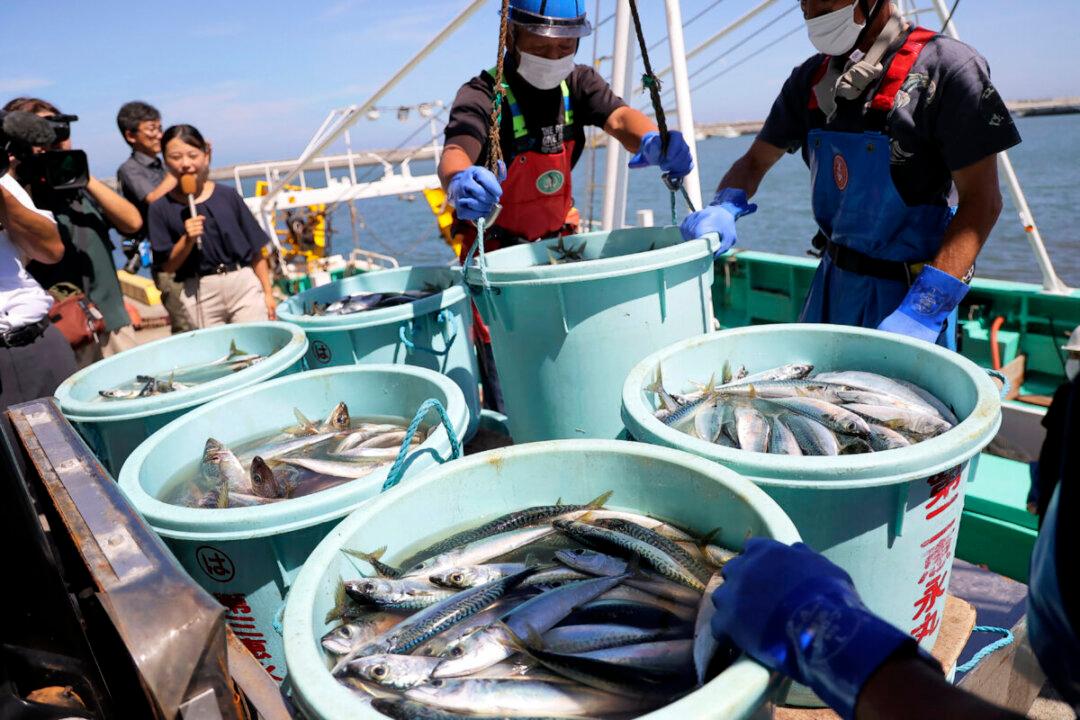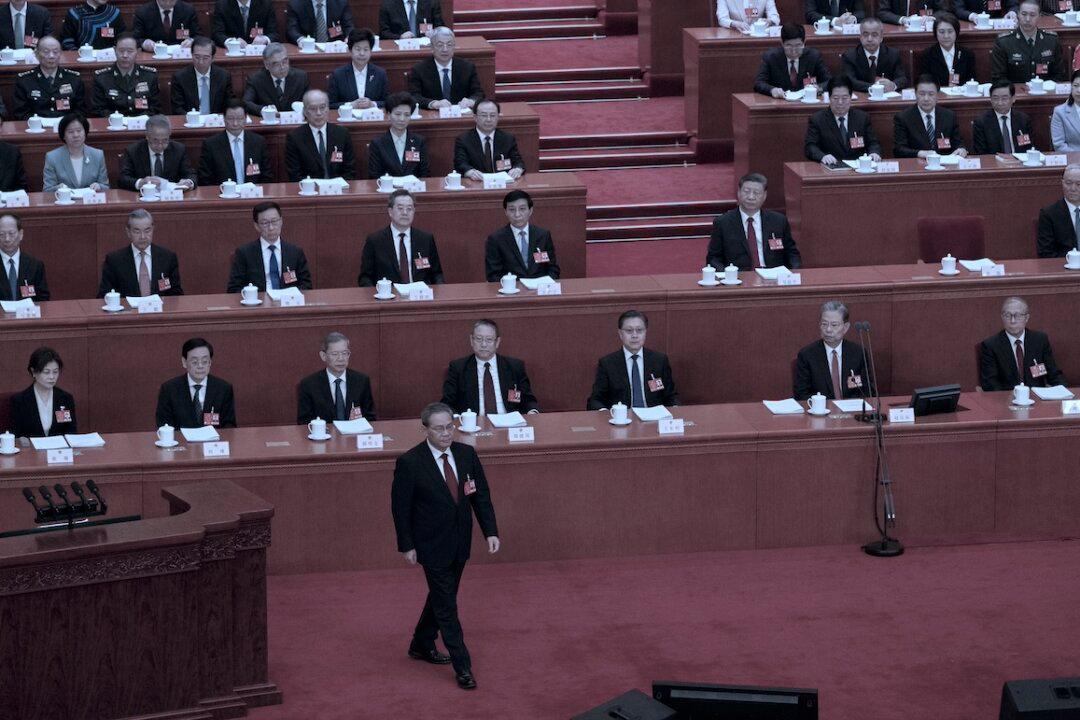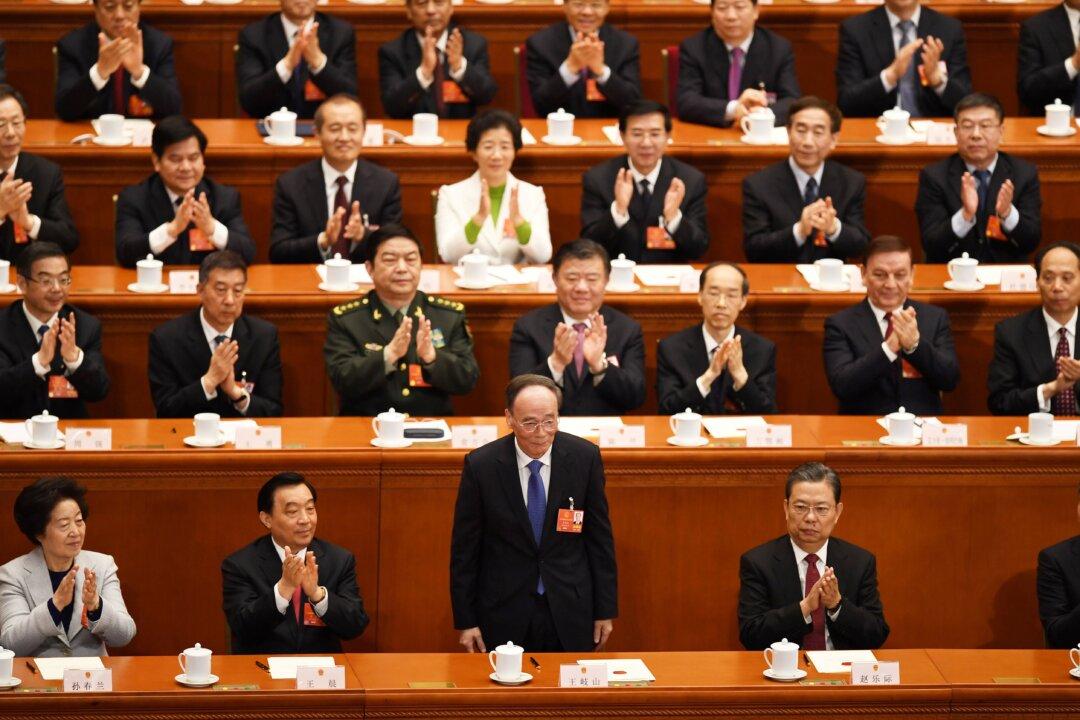In August, the release of treated wastewater from Japan’s Fukushima nuclear power plant sparked tensions between the Chinese communist authorities and Japan. Still, Chinese tourists flooded into Japan for an eight-day-long vacation in October. Meanwhile, Chinese fishing boats have been catching fish off Japan’s coast to meet domestic market demand as Beijing banned Japanese seafood imports.
On Aug. 24, Japan’s Fukushima nuclear power plant released treated water. As a response, Beijing announced on the same day that it would suspend all imports of Japanese seafood products. Meanwhile, the Chinese Communist Party’s (CCP’s) mouthpiece used the incident to promote public anger, causing a boycott of Japanese products and condoning people to make harassing phone calls to Japan; with travel agencies in some cities even canceling tours to Japan.




